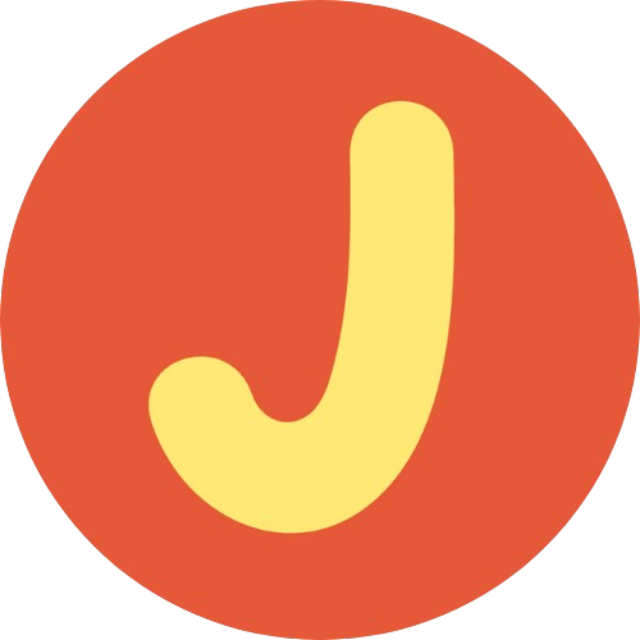Section 3 Study Guide
If you are going to take anything away from this guide it should be that the ACER practice material is your primary resource. We want to figure out the skills, reasoning, and approaches to solve these problems and generalise them in such a way that we can identify them on exam day.
People say the practice material doesn’t replicate the exam — I could not disagree more. They are almost the only resource I used and they set me up really well. Below is a video explaining my perspective, but a lot of this will be echoed in the rest of this guide.
But it is very important that we use the acer material to identify the skills required to solve problems.
I find this is a common place people go wrong. They come up with their own list of things they think they need to know, study elsewhere and then come back to the questions to "test" themselves. This is traditionally how we study, but you must change it here.
Why do I say this? Because the GAMSAT is a problem-solving not knowledge based exam.
Questions generally have some highly advanced scientific concept and people think this means they need to know that. Most tests we have done, we either know the answer or we don't, so when we see something unfamiliar and foreign, our natural reaction is we need to know it or we won't be able to answer it.
But again. The GAMSAT is about problem-solving.
With a very small amount of knowledge, you will be able to take this complex information and understand it so you can apply it to solve the problem.
Track Everything
The way you will need to apply knowledge 3 is very different to any scientific resource out there and this is why we need to study the material to figure out what we need to know and how we need to apply this.
Therefore, my recommendation is to start with any single question and sitting with it until you solve it. Do this open book so you have access to all the knowledge ever in existence and see what you needed to do to get the answer. This shows you how you will need to problem-solve.
You will see that the information is there, but we need to make assumptions and use reasoning to make sense of this information. Plus you will see the skills and knowledge required, and how you will need to apply these concepts.
This process will take time. Do the questions no matter how long it takes, what is important is you get the answers and understand the process of getting that answer.
And what we do is track every single one of them. To help you do this, I've attached my Question Tracker Template below for you to download.
This is going to become a core part of your study. In here I want you to document the entire process for every problem. What did you have to do to work out what the question or background information was asking? Were there any traps which you fell for? What skills or knowledge did you need? What mistakes did you make?
Record absolutely everything.
You will see in the columns that I split the skills in technical and reasoning skills. Technical skills are things like scientific knowledge and maths processes, whilst reasoning are the problem-solving approaches. Things like deductive, inductive, and spatial reasoning.
Reasoning Frameworks
In my experience, the reasoning skills are by far the hardest to develop as we need to inherently change how we think and interpret information. Be patient. Learn about the types of reasoning (for example, by asking me on this community) and think deeply about what you had to do to solve a question and categorise it under one of these buckets.
Over time, you will start to see similarities in the reasoning approaches and from these similarities you can start generalising them into frameworks and this is what we will use on exam day. You will recognise the same problem types and because you’ve solved tens of problems similar to this, you’ll be able to solve this one too. And of course, through this process you’ll see the technical skills you need to know, but importantly, see them in the context of how you’ll need to apply them in the GAMSAT.
This is why we really need to include as much detail in the question tracker as possible. I included some pages from my question tracker that I used in my prep and if I regret anything it is that I didn’t write down more. Over time this helps you see more and more similarities and form frameworks faster. This constant process of solving problems, reflecting on what you need to improve on, and implementing changes to improve these is all you need for GAMSAT success.
It’s hard work, but it works.


